3 Things Startups Focused on Growth Need to Know About HR
http://youtu.be/t9DFedWQQ0Q If you’re a startup business, you have probably already experienced the stress of all of the details you have to manage. You didn’t go
Read important Human Resources related news and tips from the team at Servant HR.
http://youtu.be/t9DFedWQQ0Q If you’re a startup business, you have probably already experienced the stress of all of the details you have to manage. You didn’t go
In 1960, Hayley Boling’s grandfather Dr. Richard Boling had a staff of five working at his Elkhart ophthalmology practice. His son, Dr. Richard Boling II,
By Jeff C. Leffew, Founder and President The other day, I was chatting with a friend and business associate who works in the auto-painting business.
By Michael Yoder, Chief Executive Officer The first quarter of a new calendar year is always an amazing one for an employer. Just like a
